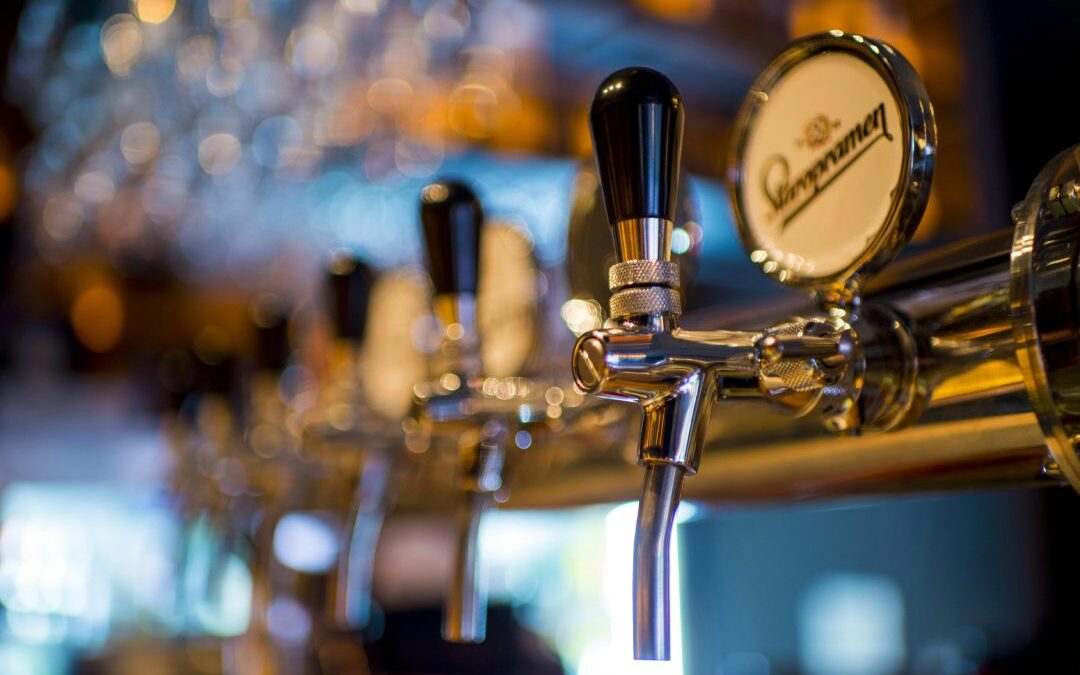Diageo to invest €100 Million to Decarbonize Historic Guinness Brewery
The goals include achieving 100% renewable energy use, net-zero carbon emissions in direct operations, and a 50% reduction in indirect emissions from suppliers.
Diageo, the global spirit giant announced a €100 million (USD$109 million) plan to transform its historic Guinness brewery, St. James’s Gate in Dublin into one of the world’s most efficient and eco-friendly facilities by 2030.
This initiative aligns with Diageo’s broader sustainability program, “Society 2030: Spirit of Progress.” Launched in 2020, this program outlines 25 goals for positive environmental and social impact by 2030. These goals include achieving 100% renewable energy use, net-zero carbon emissions in direct operations, and a 50% reduction in indirect emissions from suppliers. Diageo aims to reduce water usage in its products by 30% and achieve a net positive water impact in water-stressed regions.
“St. James’s Gate is a cornerstone of Guinness’ legacy,” said Diageo CEO Debra Crew. “This investment ensures a sustainable future for this iconic brand. We’re proud to be leading the way in decarbonization, both as a major Irish business and as an industry leader.”
The plan for St. James’s Gate involves a multi-pronged approach to sustainability. By 2030, the brewery will utilize a combination of grid-supplied electricity, heat pumps, and biogas generated on-site through a new water recovery facility. This comprehensive renewable energy strategy will significantly reduce reliance on fossil fuels. Furthermore, the facility will implement water-saving measures, aiming for a 30% reduction in water usage.
Diageo’s commitment to decarbonization goes beyond energy sources. The company plans to eliminate fossil fuels from its brewing operations at St. James’s Gate. This shift, combined with other measures, is expected to achieve a 90% reduction in the brewery’s Scope 1 and 2 greenhouse gas emissions.
Read More
New EU Rules Crack Down on Greenwashing in Fund Names


